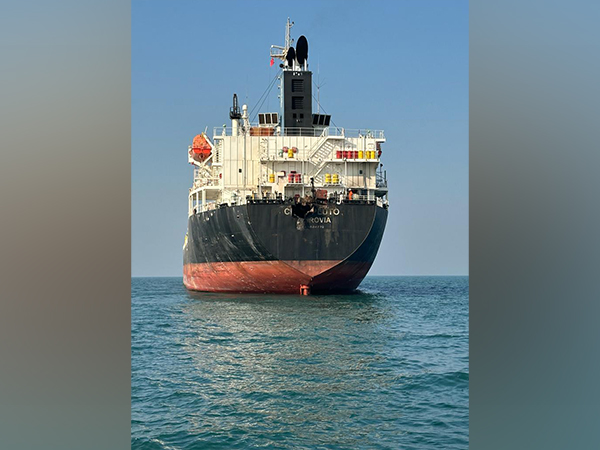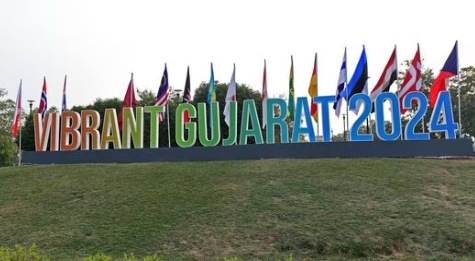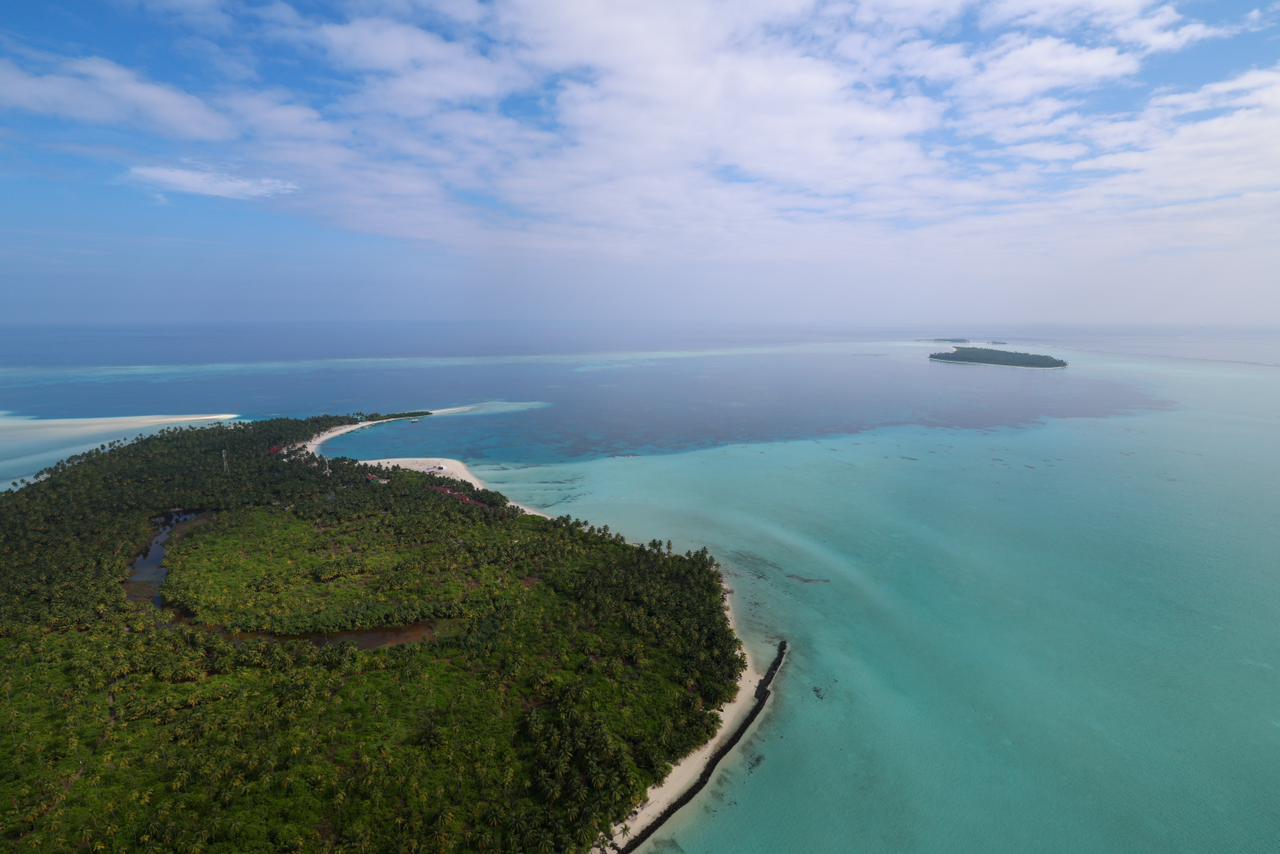
The Arabian Sea is a vital waterway for global trade and security, but it also faces various threats from piracy, terrorism, and rogue states. The Indian Navy has been playing a crucial role in safeguarding this region, deploying its major warships to counter any attacks and maintain peace and stability. In this article, we will explore how the Indian Navy’s Guided Missile Destroyers, such as INS Mormugao, INS Kochi, and INS Kolkata, have been responding swiftly and effectively to maritime incidents in the Arabian Sea.
The Attack on MV Chem Pluto
On December 23, 2023, a merchant vessel named MV Chem Pluto was attacked by a suspected drone in the Arabian Sea¹. The vessel was carrying chemicals from Saudi Arabia to India, and suffered minor damage due to the explosion¹. The Indian Navy, which was patrolling the area, immediately dispatched its warships to escort the vessel to safety and investigate the source of the attack¹.
The attack on MV Chem Pluto was the latest in a series of incidents that have raised concerns over the security of the Arabian Sea. In recent years, the region has witnessed increased activity from hostile actors, such as Iran, Pakistan, and Somalia, who have been using drones, missiles, and pirates to target commercial and military vessels².
The Hijacking of MV Ruen
Another example of the Indian Navy’s prompt and decisive action in the Arabian Sea was the hijacking of MV Ruen, a Malta-flagged vessel with 18 crew members onboard⁴. The vessel was sailing from Oman to India, when it was boarded by six unknown persons on December 14, 2023⁴. The hijackers took control of the vessel and forced it to change course towards the coast of Somalia⁴.
The Indian Navy, which was alerted by a distress call from MV Ruen, immediately deployed its Mission Deployed platforms, including its Naval Maritime Patrol aircraft and its warship on Anti Piracy patrol in the Gulf of Aden⁴. The aircraft overflew the hijacked vessel on the early morning of December 15, and confirmed the presence of the hijackers⁴. The Indian Navy also coordinated with the navies of other countries, such as the US, UK, and France, to track and intercept the vessel before it reached the Somali waters⁴.
The Commitment to Maritime Security
The Indian Navy has been demonstrating its commitment to maritime security and cooperation in the Arabian Sea, by participating in various joint exercises and operations with friendly foreign countries and international partners⁵. The Navy has also been enhancing its capabilities and readiness, by acquiring and deploying advanced warships, such as the Guided Missile Destroyers, which are equipped with state-of-the-art weapons and sensors⁵.
The Guided Missile Destroyers are among the most powerful and versatile warships in the Indian Navy’s fleet, capable of performing multiple roles, such as anti-air, anti-surface, anti-submarine, and land-attack warfare⁵. They can also operate independently or as part of a task force, providing escort, protection, and support to other vessels⁵.
The deployment of these warships in the Arabian Sea is a clear signal of the Indian Navy’s resolve and capability to counter any threats and challenges in the region. The Indian Navy’s warships are not only protecting the Arabian Sea from attacks, but also ensuring the safety and security of the global maritime community.
Conclusion
The Arabian Sea is a strategic and vital waterway for the world, but it also faces various threats and challenges from hostile and rogue actors. The Indian Navy has been playing a pivotal role in safeguarding this region, by deploying its major warships, such as the Guided Missile Destroyers, to counter any attacks and maintain peace and stability. The Indian Navy’s warships are not only protecting the Arabian Sea from attacks, but also ensuring the safety and security of the global maritime community.





